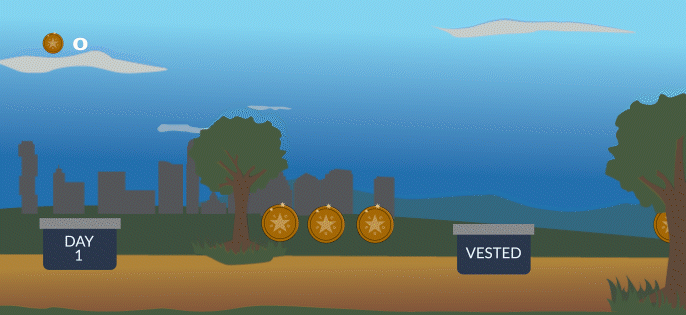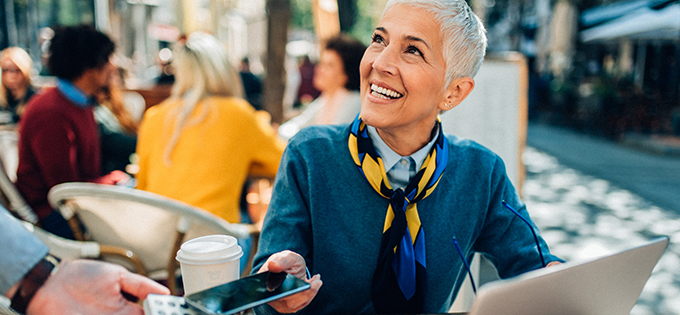Updating your browser will give you an optimal website experience. Learn more about our supported browsers.
Due to planned road closures for the Trail of Lights event, the TCDRS building will close at 4:30 p.m. daily from Wed., Dec.10 through Tues., Dec. 23.
Service hours remain unchanged, and Member Services can still be reached after the building has been closed.
Are Mobile Payment Apps Safe?
Are mobile payment apps like Apple Pay, Paypal and Venmo safe? They can be, but only if you activate these security features.
By Leah Golden
Mobile payment apps, such as Google Wallet, Apple Pay, PayPal and Venmo, can have advantages over checks, credit cards and cash.
But like any payment method, you can’t put it on autopilot when it comes to safety.
Built-in Security
Major mobile payment apps protect data behind-the-scenes with features called encryption and tokenization.
Encryption means your data is scrambled as it’s sent. Tokenization replaces a payment’s sensitive data with a unique identifier that has no monetary value. This technology helps ensure that payments are not intercepted.
Keeping Your Money on Lock
When a criminal grabs your cash, check or credit card, they can start using that money right away. Many mobile payment apps, however, provide additional security options. Even if someone gets ahold of your phone, they cannot initiate a payment on their own.
Activating all the security features your apps provide can help keep your money safer. Not all apps have these features, but if yours do, experts recommend the following:
- Set up two-factor authentication. When you sign into your app, it will prompt you to enter a second type of credential, such as a security code or a fingerprint.
- Use strong passwords. The longer, the better. Password manager apps can generate and store your passwords so you can have a different password for every account.
- Create a passcode lock. That means every time you access the app, it will prompt you for a code you created. Unless that code is entered, you cannot use the app.
- Sign up for payment notifications, which will tell you each time a payment is made from the app.
- Make sure your apps automatically update to the latest versions. This will ensure you’re always protected by the latest security features and fixes.
Related Content
Get more information on why TCDRS is a model plan when it comes to retirement.

03.18.2024
How to Fund Your Retirement Hobby
Hobbies can boost morale, but they’re not always fixed-income friendly. Here’s how to fund your new hobby without compromising your f...
Read more
09.09.2024
The Ultimate Quest: Leveling Up Your Finances for Retirement Victory
It’s time to gear up and get ready for retirement! Whether you’re just starting your journey or preparing for the final level, here a...
Read more
09.23.2024
What’s Your Retirement Money Management Style?
In retirement, are you more of a saver or a spender? Has living on a fixed income felt pretty comfortable, or are you feeling the pin...
Read more